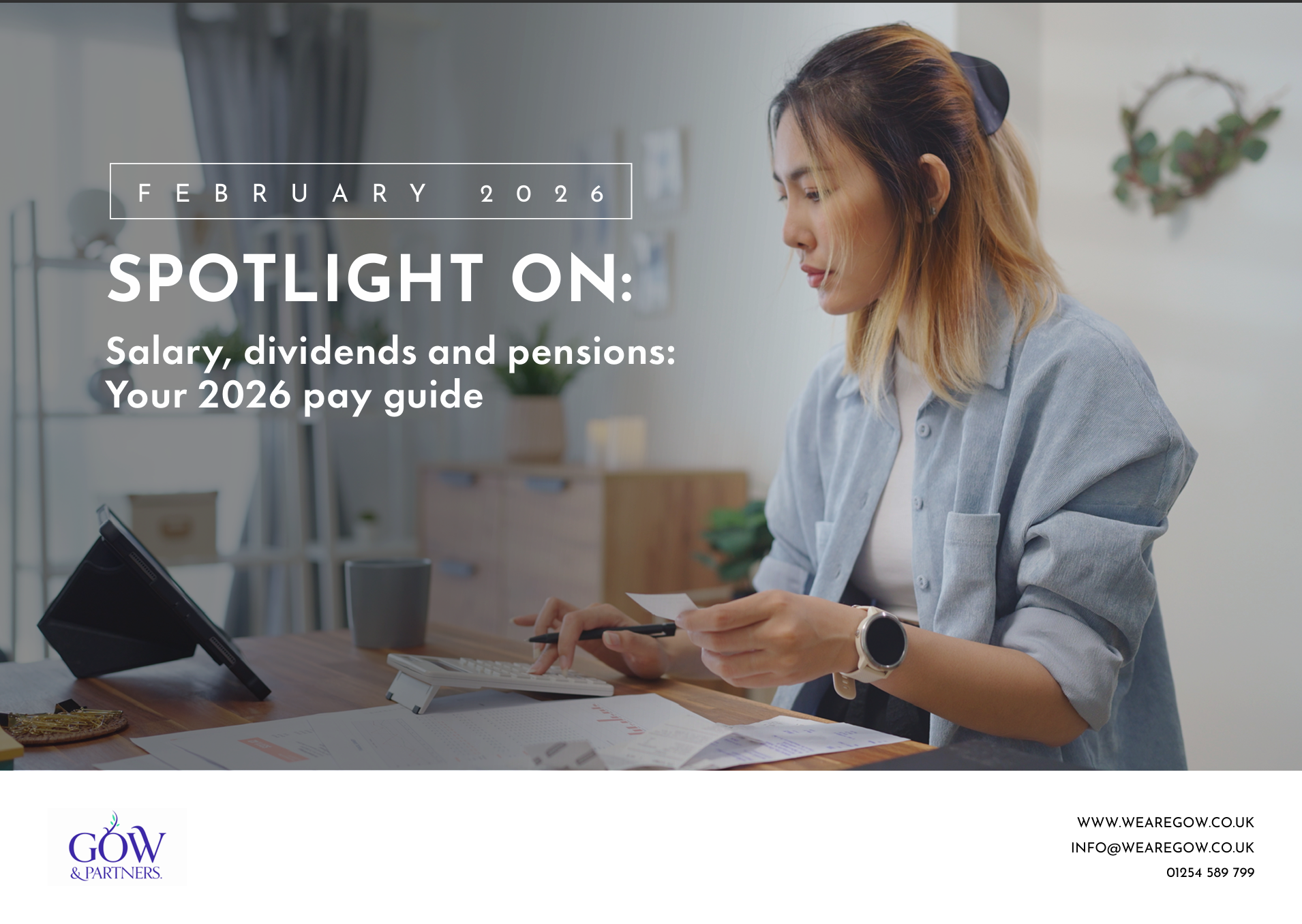HMRC Reopens Self-Assessment Helpline
HMRC has reopened the self-assessment tax helpline from 4 September after it was closed for three months over the summer.
Between 12 June and 3 September, callers were redirected to digital services to give HMRC staff time to deal with other phone enquiries and handle the postal backlog.
This was not the first time HMRC has limited access to helplines to reallocate staff elsewhere, but it was the first time the tax authority completely shut down a service for a significant period.
Adam Harper, director of professional standards and policy at the Association of Accounting Technicians, said:
"The need for such a pilot, in order to redirect staff elsewhere, highlights the much bigger challenge that HMRC faces in balancing competing priorities with a constrained budget. Ultimately, the Government must address the root problem that more investment is needed."
In June, Victoria Atkins, financial secretary to the Treasury, suggested that the closure of the self-assessment helpline would not be the last, saying:
"We will be watching this very, very carefully. If it is helping with some of the customer service problems we have, then we will look to see if we can surge people at other times of the year when there are peaks and troughs into the higher activity areas."
"It is about using our people as effectively as possible when customers are trying to contact HMRC."
Talk to us about your self-assessment tax return.
Employers Ramp Up Counter-Offers to Retain Staff
Employers are turning to generous counter-offers in a bid to retain staff as skills shortages persist, new research suggests.
According to the Chartered Institute of Personnel and Development (CIPD), 51% of employers who make counter-offers to keep employees have offered a higher number over the last 12 months.
A quarter of employers who have made competing offers think they will need to offer more in the next year, with only 8% to offer less.
The CIPD survey of 2,000 UK employers, taken between 9 June and 5 July 2023, also found that 38% of counter-offers matched the salary of the new job offer, and 40% offered even higher sums.
However, 29% of employers believe counter-offers are ineffective at retaining staff. According to the CIPD, this suggests it "may only be valuable as a short-term option and employees will move if the wider package does not meet their expectations".
Jon Boys, senior labour market economist at the CIPD, said:
"While pay is often the most typical focus of a counteroffer, there are other things employers should consider in making roles more attractive, such as flexible working, additional paid holiday, opportunities for career development, or better pension contributions."
Talk to us about your business.
ONS Revises its Findings and Says Economy Actually Grew in 2021
The UK is no longer a global economic outlier after a huge revision to its post-pandemic economic performance by the Office for National Statistics (ONS).
GDP, the size of the country’s economy, climbed back above pre-pandemic levels by the end of 2021, the ONS said last week — much higher than previously thought.
The ONS originally said the economy was still 1.2% smaller than its pre-lockdown size in the final three months of 2021, but now says GDP was 0.6% higher than before the pandemic.
The ONS said that “the unprecedented shock of the coronavirus pandemic” led to large recisions as “the substantial changes in the rate of economic growth are more difficult to measure with the same level of precision as smaller changes during more ‘normal’ times”.
Companies had also continued adding to piles of unsold stock instead of selling them down as had been thought, while wholesalers and the health sector had produced much more in 2021 than ONS data had previously suggested.
Former Tory leader Sir Iain Duncan Smith said:
“It is time for the ONS and other forecasters to accept that their forecasts are almost always wrong.”
“Instead of using their dire forecasts to beat the UK up, they should talk up the remarkable record of British business in defying the forecasters and succeeding.”
Chancellor Jeremy Hunt said the revisions show that the UK economy “had the fastest recovery from the pandemic of any large European economy, thanks to decisions such as furlough that protected millions of jobs.”
“For that growth to continue, we now need to halve inflation”, he added.
However, the revision came as separate figures suggested that the manufacturing sector shrank last month at its fastest rate since the pandemic.
The latest statistical release also showed that the average UK house price fell in August at the sharpest annual rate seen in 14 years, £14,600 below their August 2022 peak.
Contact us for business planning advice.
Chancellor Announces Date for Autumn Statement 2023
The Chancellor of the Exchequer, Jeremy Hunt, has announced that he will present the Autumn Statement to Parliament on 22 November.
Hunt will use the Statement to set out future tax plans and departmental spending plans, although he may hold back on serious plans amid inflationary pressures.
The Chancellor may also decide against favourable announcements until the Spring Budget as part of the general election, which must be held in January 2025 at the latest.
Hunt also confirmed he has commissioned an Office for Budget Responsibility forecast that will be presented alongside the statement.
The announcement will be Hunt’s third fiscal statement following his first in November 2022, which came as a hurried remedy to his predecessor Kwasi Kwarteng's divisive mini-budget in September 2022.
Since then, he and Prime Minister Rishi Sunak have repeatedly promised to halve inflation amid a series of Bank of England interest rate rises.
Confirming the new budget date, he said: "On Friday, the Office for National Statistics published an update to the UK's GDP growth figures which shows the UK economy was 0.6% larger than pre-pandemic levels by the fourth quarter of 2021.
"It means our economy had the fastest recovery from the pandemic of any large European economy, thanks to decisions such as furlough that protected millions of jobs."
"For that growth to continue we now need to halve inflation, which I am pleased to report is now nearly 40% below its 11% peak. I can also tell the House I will deliver the Autumn Statement on November 22."
Tom Selby, head of retirement policy at AJ Bell, said:
"Rishi Sunak has placed tackling the cost-of-living crisis front-and-centre of his premiership after pledging to halve inflation by the end of 2023."
"By the time the Autumn Statement arrives in late November, we should have a pretty clear idea of whether that target – a target the government has very limited control over – will be hit."
Talk to us about how the Autumn Statement affects you.
If you would like to access the PDF version of this blog post, simply click here.
Set Yourself up for Success
Did you know that we run the highest rated accountancy firm in Blackburn with Darwen?
Book your 30 minute discovery call today— enjoy a relaxed, no-obligation chat with one of our qualified accounting advisors. We can assess your situation and determine how to best serve and add value to your business.
Alternatively, you can send us a message with any queries (big or small), and one of our team members will get back to you promptly.






